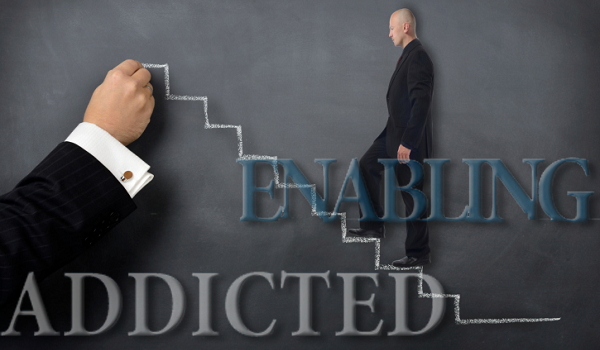
There is a fine line between helping an addict and enabling them. We cannot stress enough how important it is to the well being of the individual involved, that you do not facilitate their addiction or continue to clean up the messes that they make due to an addiction.
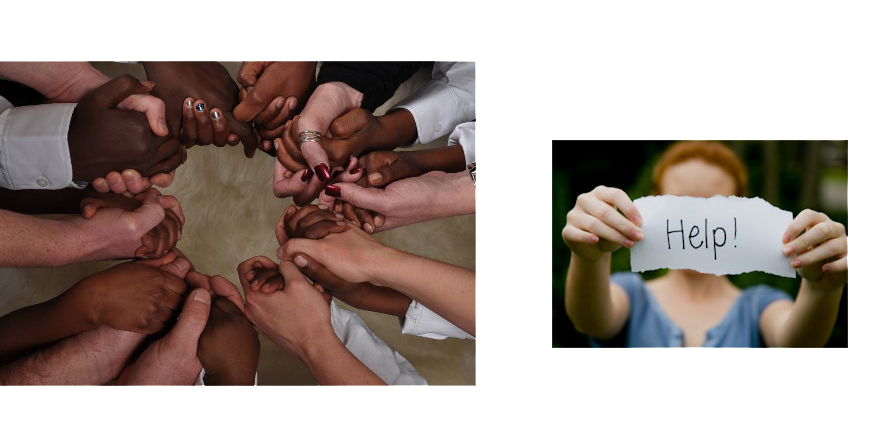
Substance abuse can become a serious problem for many people. NIDA ( National Institute on Drug Abuse) estimates as of 2012 that almost 24 million people in the United States needed to seek treatment for an addiction. Out of almost 24 million people, only about 2.5 million actually seek treatment, leaving almost 20 million people that are in denial about their addictions.
With the staggering addiction epidemic these numbers suggest that there is a serious problem that has gone unhanded to the point of it being out of control. Many people with addictions are in denial about their addictions. Denial is a complex issue, but for many, if they do not see the consequences of their actions, than there is no reason to change. The common factor that encompasses the denial process is the addict has one or more enablers that bail them out of any problems that arise, due to knowing or not knowing about their addictions.
Enabling an addict can be extremely dangerous, for the addict and the enabler. For example, if you make someones bed everyday and don’t ever teach the young child to make their own bed, they will never learn that the bed needs to be made up every day. It is the same for addiction enabling,. If the addict does not see the consequences of their own addiction problems, then they do not see there is a problem. If they feel that everything is great and there is no problem, then why would they want to make a change? This can have long lasting mental, physical, and emotional damage to both parties involved.
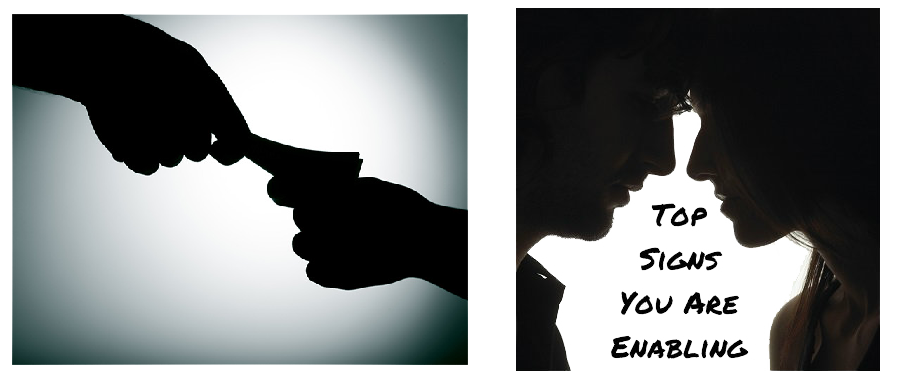

Below is a list of enabling behaviors and signs that you are helping someone stay addicted.
- Blaming others or situations other than the addict to make excuses for behaviors or actions. The enabler may accuse others that their actions have caused the addiction problem. All this is done to protect the addict from the consequences of their actions and drug abuse.
- Putting the needs of the addict before the needs of the enabler. It is and always will be in the nature of some people to want to help someone in their times of need, but enabling takes this a bit to far. While the addict needs and wants for nothing, the enabler puts their own needs on the back burner. This is done out of love but can have devastating consequences to both the addict and enabler.
- Enablers have difficulty in expressing their emotions. Enablers often times, can start to become seemingly emotionless as they become ever concerned with expressing the wrong emotion. They tend not to express feelings one way or another in hope that they will not perpetuate a negative response from the addict.
- Ignoring the addicts increasingly negative and dangerous behaviors. This can involve just about anything from denying that a problem even exists to just overlooking behavior changes and actions.
- Lying to friends or family, just to cover the reasons for the poor behavior or actions of the addict. An enabler will cover for the addict to keep the peace and to make sure that there is no confrontation that the addict has to deal with.
All of these enabling signs can lead an enabler with the feeling of resentment towards the addict. it is quite common to resent the addiction and the addict, all the while enabling the addiction to still have a hold on both lives.
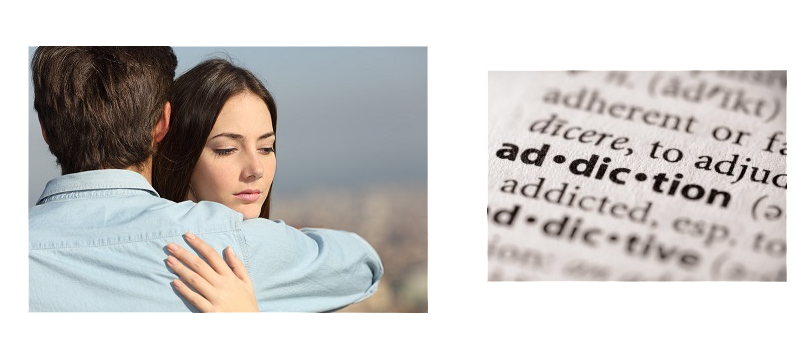

Addiction can become a family disease and can have long-lasting emotional, as well as physical effects, to the family, friends, and the person that has become addicted to drugs or alcohol. Breaking the chain of enabling can be very difficult for some, as they tend to see what they are doing is helping. Sometimes it takes an intervention to understand the scope of the enabling and addictive behaviors.
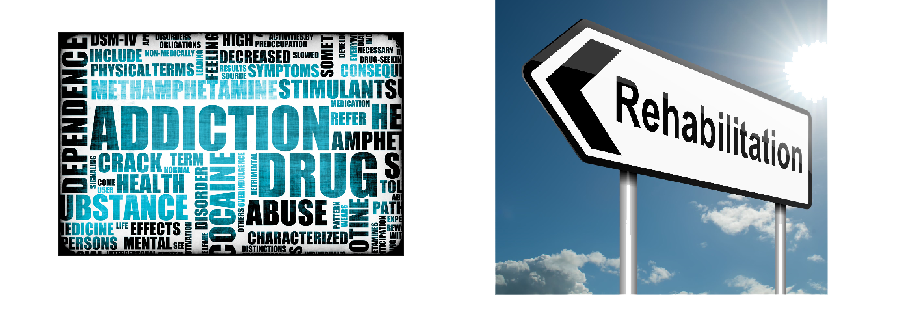

How to end the cycle of enabling addiction
Enabling an addict can become a serious problem very fast. Breaking the cycle of enabling behaviors can help the addict see the consequences of their actions, while helping them learn that their actions affect more that their themselves. Here are a few examples of learning how to stop the enabling process.
- Stop cleaning up after them. While intoxicated addicts can become messy, may even break things depending on their mental state at the time of usage. Let them clean up their messes as they can see what they did while intoxicated.
- Stop paying their bills. Some addicts have it real good. They can spend their money on drugs or alcohol all the while their bills are being taken care of by friends or family.
- Follow through with all plans that are made.
- Do not adjust your schedule or activities, even if they refuse to participate. Do not let the negative behaviors rule your life go without them.
- Look at your options. When enabling someone, we need to look at if the short term anguish that can happen vs the long term effects that letting the addiction continue will produce.
- Stop putting yourself in danger. You should not let the addict put you in situations that can lead you to harm or legal problems. If they want to continue their unsafe behavior, they need to walk that road without you.

Take action now stop enabling behaviors get your loved one the help they need.
When you have an addict in your life, it can be difficult to break the habit. For any addict to feel the consequences of their actions, they must feel that there are real consequences they will have to face. Sometime this can be the only way that an addict will feel the need to go get help with their addiction. It is a hard habit to break and can be difficult to discern the difference between helping and enabling. If you are feeling that you may have a problem with enabling an addict, please give us a call and we will help you decide if there is a need for treatment or counseling.
There are groups available that can help families learn how to stop enabling
Nar-Anon Family Groups (narcotics abuse) http://www.nar-anon.org/
Al-Anon Family Groups (alcohol abuse) http://www.al-anon.org/
These groups can be found very easy online and in brick and mortar locations.

